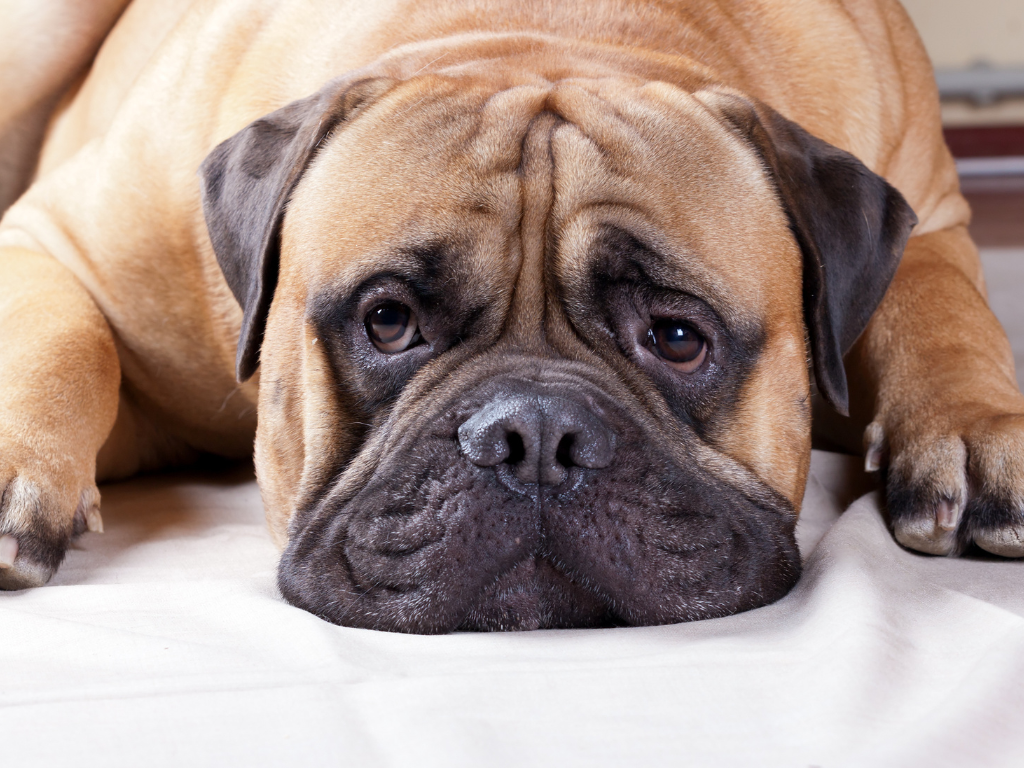As a dog parent, one of the biggest decisions you can make is choosing the right breed for you and your family. When it comes to large breed dogs, there are plenty of amazing options - from the Great Dane to the Golden Retriever. However, before you take the plunge and make a commitment, it's important to know what you're getting into. In this guide, we'll take you through the essential things you need to consider before getting a large breed dog.
1. Space is key
When it comes to large breed dogs, space is crucial. These pups need plenty of room to move around and stretch their legs. Before deciding on a new furry friend, make sure you have ample space indoors and outdoors. Depending on the breed, some large dogs can require a lot of space to play and roam.

2. They need plenty of exercise
Regular exercise is essential for any dog, but it's especially vital for large breed dogs. Without ample opportunities to run and play, these pups can easily become overweight and suffer from health problems especially in their joints. As a result, it's important to commit to daily exercise sessions. Depending on the breed, large dogs may need up to an hour of exercise per day in the morning and evenings.
3. Training is a must
Large breed dogs can be stunning, but they can also be challenging to train. These pups are known for being stubborn and independent. However, with the right training techniques and plenty of positive reinforcement, you can train your large breed dog into an obedient and well-behaved companion. Start training your dog early on and seek out professional training assistance if necessary.

4. Grooming needs
Grooming is another essential element of large breed dog ownership. These pups can come with a range of coat types, from fluffy and soft to sleek and shiny. However, they all require regular grooming sessions to keep them looking and feeling their best. Invest in high-quality grooming tools, such as brushes, clippers, and nail trimmers, and make it a weekly routine to groom your dog.
5. Lifespan and health concerns
It's crucial to understand the lifespan and potential health concerns that come with large breed dogs. Some breeds, such as the Great Dane, have a shorter lifespan than smaller breeds. Additionally, large dogs are prone to a range of health problems, including hip dysplasia and bloat. Before committing to a specific breed, research their typical health concerns and be prepared for any potential vet bills.

6. Proper Sleeping Space
Because large breeds come with more weight they put extra pressure on their hips and bones therefore it's critical that you train your dog early to have their "space" so they aren't always sleeping on the hard floor. It should be a dog bed that can support their joints and bones as they grow. Dogs sleep an average of 14 hours per day after all! Le Dog Company makes the best dog bed for large breed dogs. It's an orthopaedic leather dog bed specifically designed for dogs that weigh more than the average mutt. Also, did we mention it's easy to clean and requires no laundering. Everyone wins!
Large breed dogs can make fantastic companions, but they require a bit more work and commitment than smaller breeds. Before getting a large dog, make sure you have plenty of space, are ready to commit to regular exercise and training, and are willing to invest in grooming and a good dog bed as well as potential vet bills. With the right preparation and care, your new furry friend can bring endless joy and companionship into your life.
 Free Shipping on orders $150+ (CAD)
Free Shipping on orders $150+ (CAD)




